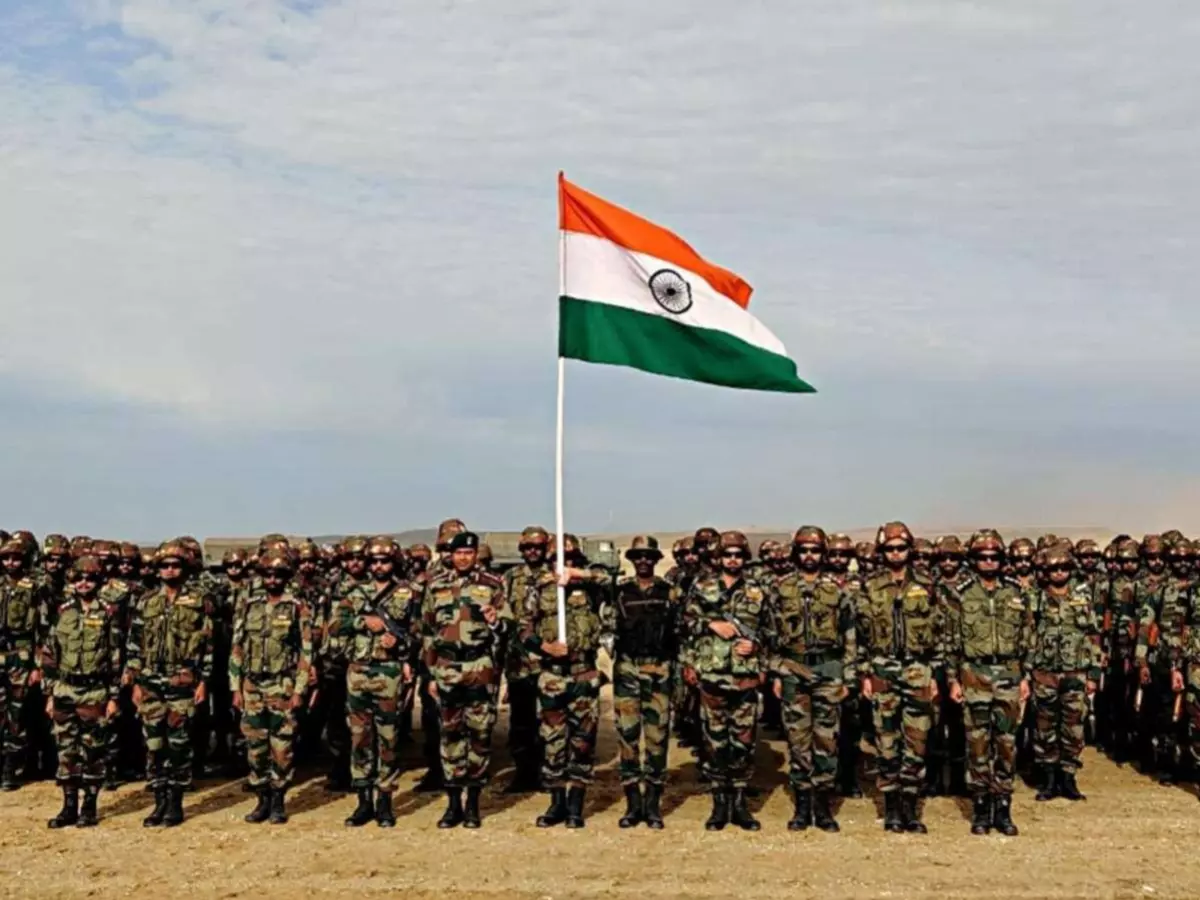Explained: Why Indian Army Hasn't Recruited Any Soldier In The Last Two Years
The Government of India suspended the recruitment process of armed forces for the last two years due to Covid-19. The Defence Minister of India Rajnath Singh gave the information in Parliament on 22 March 2022.

The Government of India suspended the recruitment process of armed forces for the last two years due to Covid-19. The Defence Minister of India Rajnath Singh gave the information in Parliament on March 22, this year.
The recruitment was suspended while the retirement of soldiers did take place during the period. The last few years have witnessed China's aggression on the border including a faceoff with the Chinese army in Eastern Ladakh. The tensions with Pakistan cannot be ignored as Pakistan Motivated terror attacks continue to affect Kashmir and the possibility of a confrontation between the two countries always remain high.
 Agencies
Agencies
In such a situation, what could be the possible reasons that the government suspended the recruitment of arm forces? Is it due to Covid only or a strategy to reform the sector?
What is the current status?
In December 2021, the Minister of State for Defence Ajay Bhatt informed parliament that the Indian army faced a shortage of 104,653 personnel, of which 7,476 were officers and 97,177 were jawans, including junior commissioned officers who played a pivotal role as a bridge between officers and other ranks, especially in field operations.
Some media reports suggest that the number is likely to increase because every year over 60,000 personnel retires from the army alone.
Quality vs quantity
 File Photo
File Photo
Lieutenant General H.S. Panag (retired) argued in a report published by The Print, that the wars of the 21 century require armed forces backed by military technology. It is important to not compensate quality for quantity and long-term reforms are the need of the hour.
At the Combined Commanders Conference 2015, Prime Minister Narendra Modi said, ¡°As our world gets transformed, the character of economies change and technology evolves, the nature of conflicts and the objectives of war will also change¡Modernisation and expansion of forces at the same time is a difficult and unnecessary goal. We need forces that are agile, mobile and driven by technology, not just human valour. We need capabilities to win swift wars, for we will not have the luxury of long drawn battles.¡±
Panag Suggests that the current shortage could be used to bring out long term required reforms in the area. Despite having a political compulsion to commence the recruitment process but quantity can be reduced.
World's second-largest military
 Agency
Agency
India has the second-largest military force with the third-largest defence budget in the world. The Defence Ministry of India manages the Indian armed forces.
With the present strength of over 1.4 Million Military personnel, India also has the world's largest volunteer army.
India is among a few countries in the world owning anti-satellite missiles, Anti-ballistic missiles, Submarine-launched ballistic missiles, inter-continental ballistic missile Agni 5 and Cruise missile Brahmos and nuclear capacity. Furthermore, India is equipped with the world's most advanced fighter jets including SU 30 MKI, Mirage 2000, Rafale, Tejas, Mig etc.
According to a 2022 report published by Global Firepower (GFP), India ranked fourth for having the most powerful military after evaluating the annual defence review of 140 countries.
Current defence budget?
India's spending on defence dropped by 4% in terms of the government's total expenditure over the last 6 years. In the current financial year 2021-22, the defence ministry has been allocated a budget of Rs 4,78,196 crore for defence expenditure, 13.73% of the total central government expenditure.
The Parliamentary Committee report on defence states the total Defence Budget (including Miscellaneous and Pensions) is Rs 4,78,195.62 crore for the year 2021-22, which is 13.73 % of total Central Government Expenditure and 2.15 % of GDP for the year 2021-22.
For more on news and current affairs from around the world please visit Indiatimes News.
